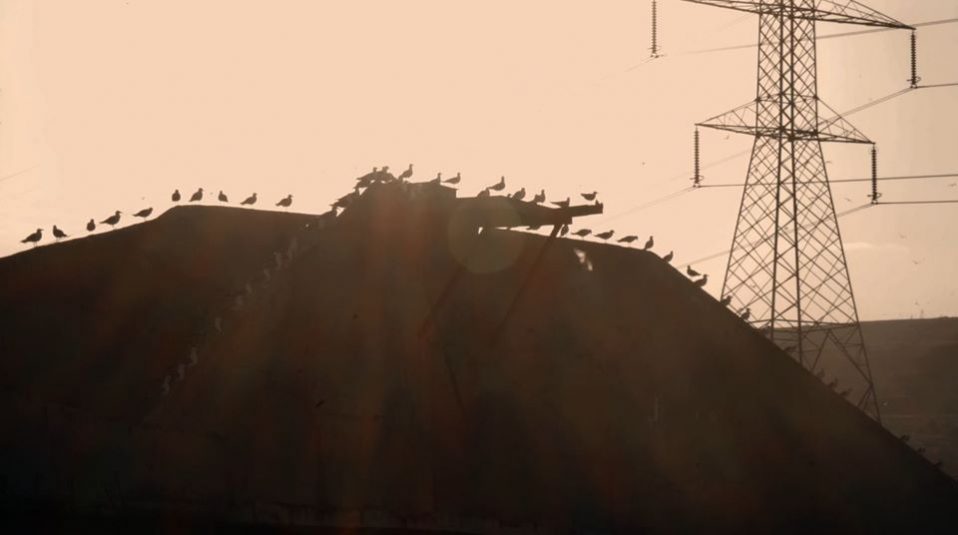9/11/ 2019

“Infrastructural gap and commons” is the first of a series of events organized by the Museum of Contemporary Art in Skopje and curated by Artan Sadiku which aim to transform the space of the museum into a place for ‘investigating’ aesthetic manifestations of different collective practices.
In the times of late capitalism, the tendency for particularisation of collectives in individuated units, fixed subjects of the dominant ideology, is being countered by the historic necessity for the community. Although the collection of individual practices today seems to have a collective reference, the aesthetic form necessary for any community is invisible. Without such a shape of a community, a form that enables various political contents, practices remain deprived of a referential idea.
This series at the MoCA Skopje we will attempt to research the traces of aesthetic forms of communities that appear in the region and in Europe. Through presentations, discussions and lectures on such practices, this program will enable a focused following of such aesthetic traces in different contexts.
The first event will take place on Saturday 9th of November at 18:00 with the presentation of the IfraDemos – an anthropological project studies the relationships between infrastructures and innovative socio-technological forms of participation arising within the infrastructural gap (IG).
The event will start with the projection of the short movie Athens: Social meltdown followed by a talk and discussion with participants.
Infra-Demos investigates the social dynamics and assesses the capacities – and theoretical potentials – of such activities towards building societal resilience and transformative policies. Focusing empirically on Greece, aims to extend theoretically the findings beyond the case.
In Europe, infrastructures are the realm wherein the state and the market materialise the majority of the democratic social contract. Citizens therefore experience IG as a challenge of the entire political paradigm. Governments now promote notions of ‘Participatory Society’ (NL) or ‘Big Society’ (UK) in response to this crisis. Yet, on a practical and theoretical level, infrastructures lie at the core of the debate.
Greece is at the centre of the current Euro-crisis, giving rise to novel and innovative forms of civil activity focused on IG. The application of self-management and peer-to-peer practices—inspired by the commons and economic solidarity—and by using digital and other technological innovations, allow new crisis-resilient socio-technological systems to emerge.
InfraDemos seeks to explain the relationship between IG and novel forms of civil participation. It applies both qualitative and quantitative research methods, including digital and traditional ethnography, the compilation of datasets, and application-oriented participant research. The overarching aim is to provide empirical material for innovative policies and social action by theorising the redefinition of infrastructures, democracy and society within the ongoing shifts in Europe.
Dimitris Dalakoglou
Dimitris is the Principal Investigator and director of infra-demos. He is the Professor of Social Anthropology at Vrije University Amsterdam. He is the director of the VU lab on Mobilitiy, Infrastructures, Sustainability and the Commons (MIS Lab). His books include Critical Times in Greece (2018), The Road (2017), Crisis-scapes (2014), Roads and Anthropology (2014, 2012) and Revolt and Crisis in Greece (2011). He was also an associate and advisory editor of the International Encyclopaedia of Revolution and Protest.